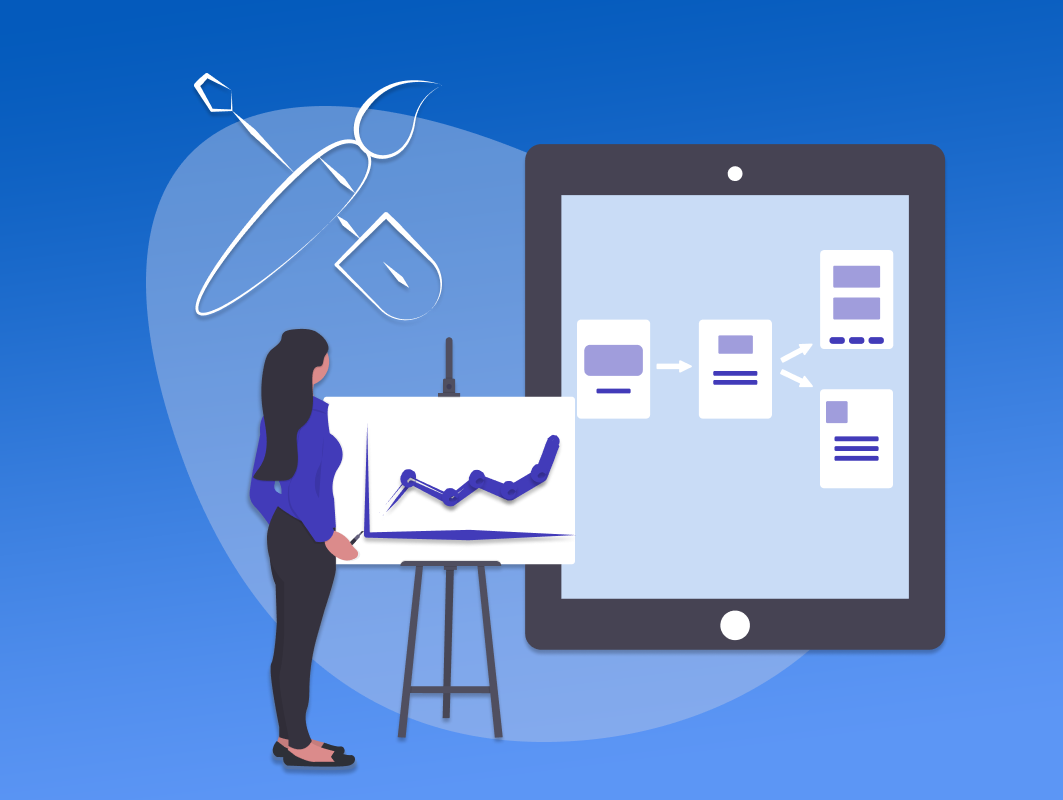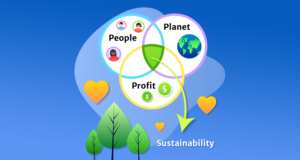What are the top 5 skills you want to see in a Project Manager?

No matter what business you are in, you will be in projects from time to time. You may have internal staff who have the skills of project managers. They might also have the tools, and the ability to take on project manager roles. But often, you will be looking for outside resources.
This article aims to help you identify when you should bring in an expert, what are skills for project managers , and where to find the best person for your job.
When Should You Hire A Project Management Consultant?
The Wikipedia definition of a project is “… any undertaking, … possibly involving research or design, that is carefully planned to achieve a particular aim.”
Some of the key descriptors are the possibility for research and design. In addition, there is a need for careful planning and the presence of a specific goal. Moreover, other essential aspects of any project include time, budget, and quality. Very often, a company has a clear goal or aim but needs help with the other elements.
This is when you should bring in an outside expert:
- The company has already tried to achieve the goal but has got stuck
- The internal team doesn’t have the necessary expertise or experience
- The internal team doesn’t have the time to dedicate to the project
- New perspectives and solutions are needed
- There is little wriggle room in terms of cost and time
Business leaders should be clear about what they want from an outside expert. The term project management consultant is often used fairly to include the role of project management contractor or project manager. Consultants offer advice or support. In addition, they may review and make recommendations about your current project management capabilities, processes, and controls. They may also check or support new tools, techniques, and procedures that you are implementing. Importantly, they will provide support for transformation and change management.
Project managers or contractors are hands-on in projects. Simply, they are responsible for the execution of your project and its success.
However, whether you need advice or hands-on execution, it’s also essential to ensure that the professional you bring has the correct range of project management skills and tools for your project.
Project Manager Roles
Typically, we identify five phases of a project: initiation, planning, executing, monitoring, and closing. At each stage, skills or knowledge must be applied.
The following table uses the phases and skills as a framework to summarize. It sums up the project manager roles and the activities of a project manager:
| Initiation | Planning | Executing | Monitoring and controlling | Closing | |
|---|---|---|---|---|---|
| Integration management | Develop a position charter | Develop a project management plan | Direct and manage the work of the project | Collect and analyze project information to determine where the project stands and predict future status and progress | Close all phases of the project |
| Scope management | Define and manage scope; create a work breakdown structure (WBS); gather requirements | Validate and control the scope of the project | |||
| Time management | Plan and define schedules, activities, and resources | Control scope | |||
| Costs management | Estimate costs and set budgets | Control costs | |||
| Quality management | Identify quality requirements | Manage quality | Control quality of deliverables | ||
| Human Resources management | Identify HR requirements | Select, develop, and manage the project team | |||
| Communication management | Manage all aspects of communication. Make sure information is clear, unambiguous, and adequately understood. | Control team and stakeholder communications | |||
| Risk management | Identify potential risks and risk mitigation strategies | ||||
| Procurement management | Identify and plan for required procurements | Effect necessary procurement | Control procurement | ||
| Stakeholder management | Identify stakeholders | Identify stakeholder expectations | Manage stakeholder expectations | Control stakeholder engagements |
Top Five Skills For Project Managers
Skills for project managers go beyond the technical know-how outlined in the table above. Moreover, here are five of the capabilities that, in my view, set excellent managers apart from good ones.

Problem-solving
Problem-solving is a combination of problem identification (what is the problem), solution assessment (what we can do), and problem response (implementing a solution). Moreover, project problems may be technical, managerial, or interpersonal. Problem-solving may lead to decision-making when a problem has many possible solutions.
Decision-making
Decision-making means making the best choice from among many alternatives. Decisions can be made by the project manager or obtained from the customer, the team, and other managers. More Importantly, decision-making has a time element to it. You might not make the right decision if you make it too early or too late.
Perspective
Having perspective is the ability to take a broader organizational view rather than a narrower one. Simply, it is to discern how the project relates to a hierarchy of larger undertakings. And, how it interacts with external conditions and events, some of them seemingly unrelated to the project.
Negotiating
Negotiating means working with others to reach an agreement. Moreover, a successful negotiation is one where the deal satisfies all parties.
Organizational effectiveness
Organizational effectiveness is the ability to get things done. Moreover, it requires an understanding of the formal and informal structures of the organizations involved and an ability to be a strategic business partner invested in the success of the project.
Finding The Right Project Manager For Your Needs
The skills for project managers have been listed. However, they also need appropriate tools and experience. Traditional project management tools are Gantt and PERT Charts, Logic Networks, Work Breakdown Structures (WBS), SWOT analyses, risk maps, and decision trees.
They might be relevant. However, in the digital age, project managers are more likely to introduce software tools such as those provided by Monday, Jira, Asana, Wrike, or Trello. They will also be offering approaches like Agile, Kanban, ERP (Enterprise Resource Planning), or PMO (Project Management Office).
The good news for companies is that many excellent project managers and consultants with the right mix of skills, tools, and experience can be hired via online consulting platforms. In fact, these consulting platforms can almost be regarded as project management tools for business!
For example, Consultport. It offers freelancers with project consulting and project execution skills across various approaches, including PMO, Agile, IT, Scrum, ERP, Post-Merger-Integration (PMI), and Virtual. However, Consultport goes beyond simply making freelancers available for companies. Each consultant has been screened based on experience, personal interviews, and references from previous projects. Basically, you have a guarantee that they have the skills and background that you need. Moreover, consultport will provide a shortlist of hand-picked consultants for you to choose from. There is no cost to you for all the initial stages of request, search, and proposal. You will start to pay only when service has been delivered – and Consultport will monitor delivery and complete all administrative tasks associated with projects.
This means that even if you are unsure precisely what project management skills or tools you need, Consultport will help match your needs to the most appropriate resources.
Project Management In The Digital Age
Skills for project managers are not just technical. Critical competencies also include problem-solving, decision-making, perspective, negotiating, and organizational effectiveness. In addition, experience and appropriate project manager tools are also required.
In some cases, your company may have the necessary internal resources, but there are times when it’s best to bring in an outside expert. If you take this route, you must know what skills you are looking for and where to find the best person for the task. This is not as easy as it sounds.
Online consulting platforms provide a solution, especially when they can provide assurances of the competency of their consultants. Moreover, they themselves monitor the progress and quality of your project.
Basically, this means that you can direct your attention where it’s needed – to the work of your business.



